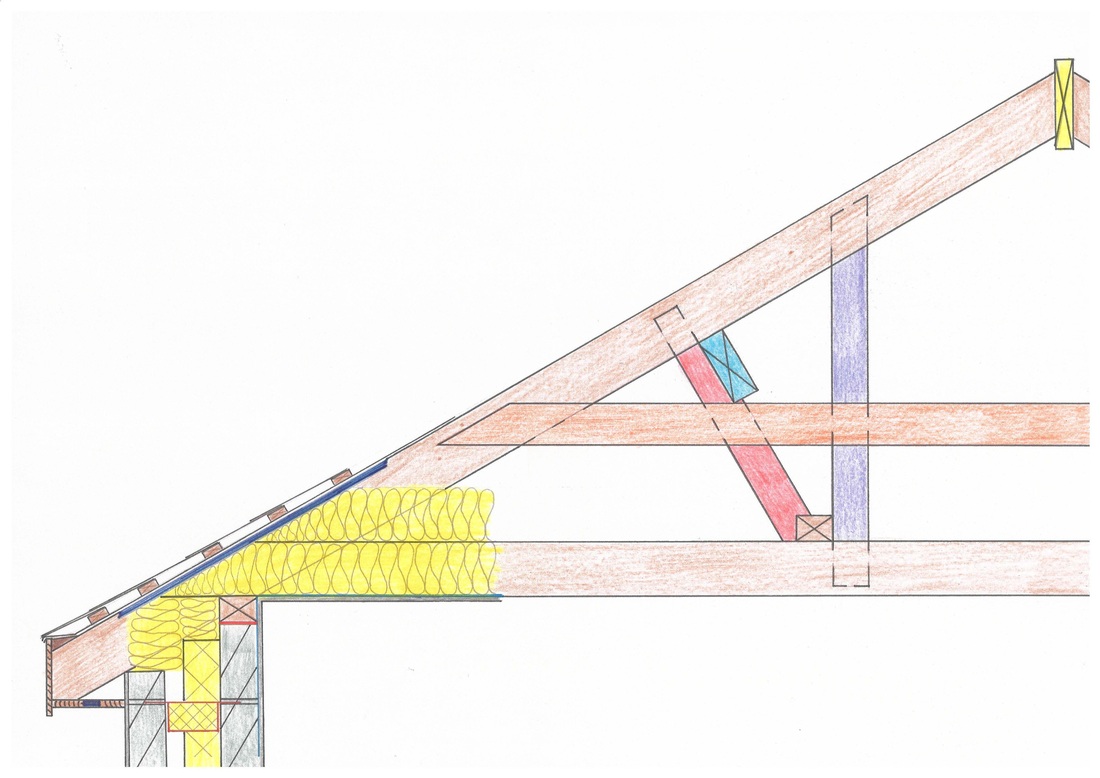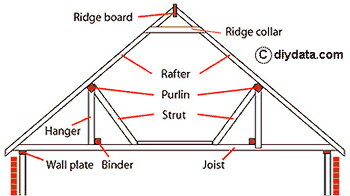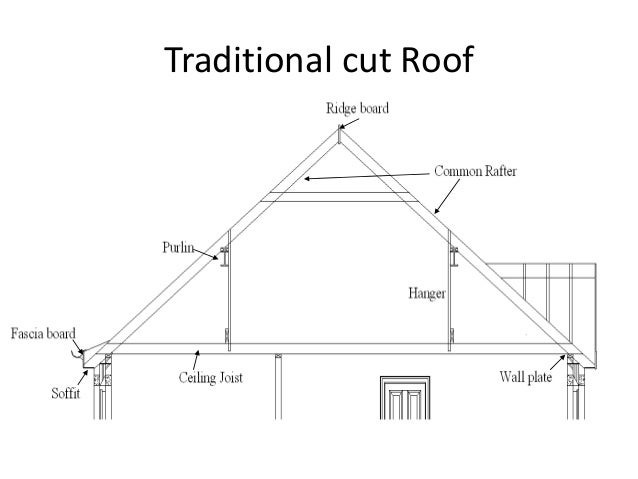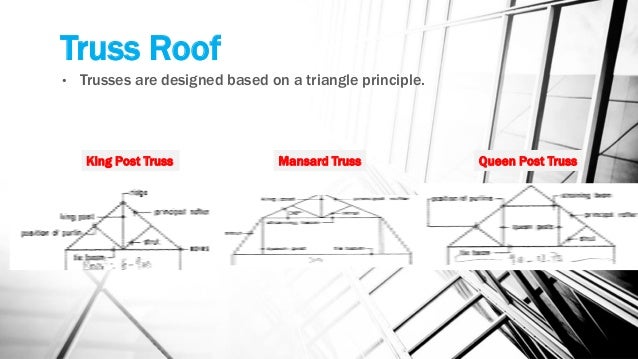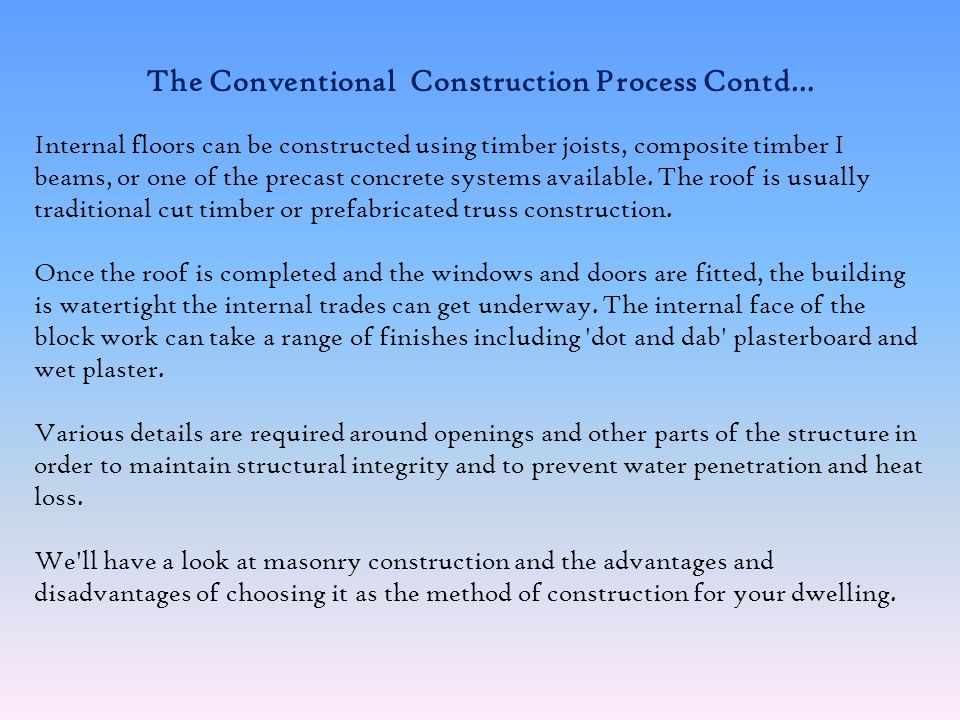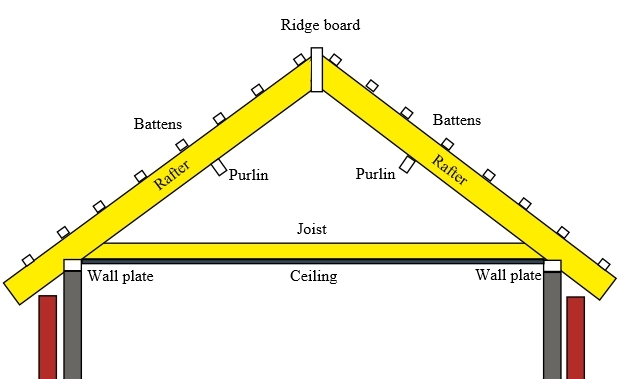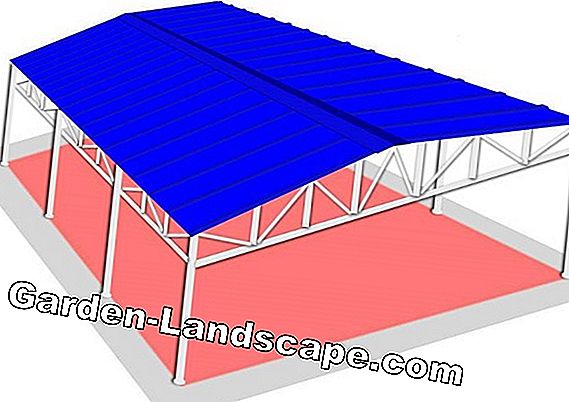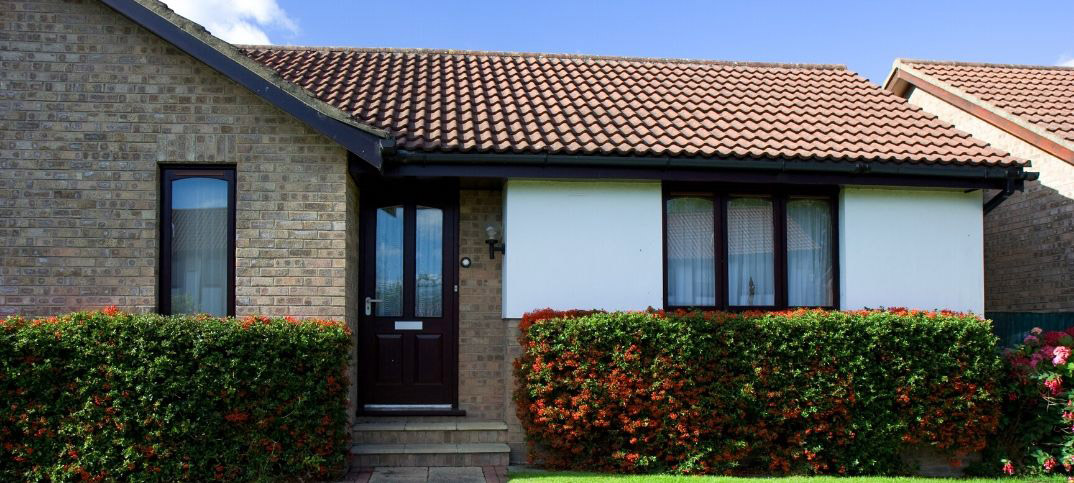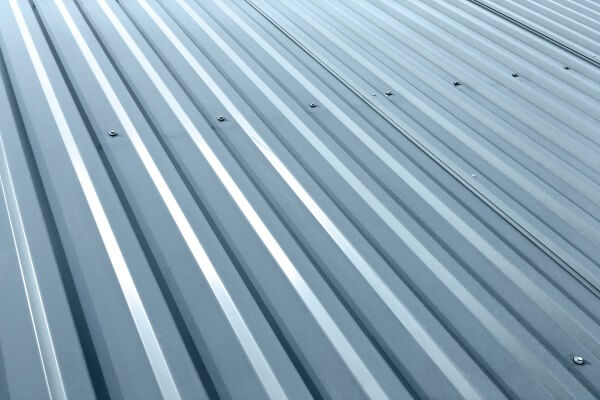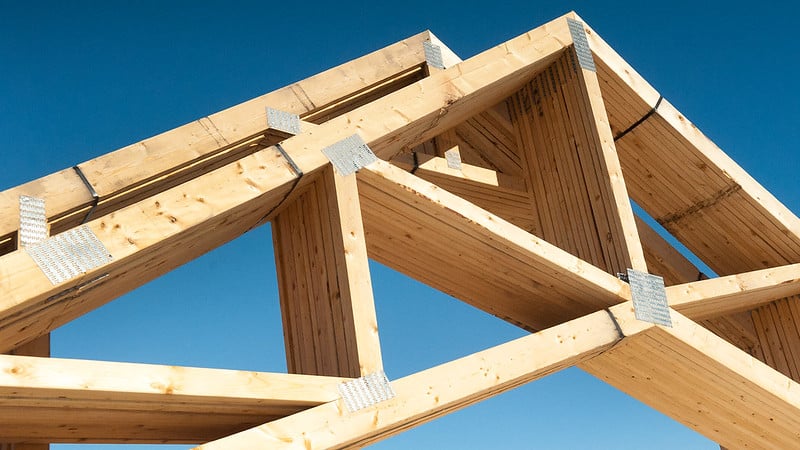The traditional way of supporting a roof is by has been rafters also known as stick framing cut built and installed on site by an expert carpenter.
Traditional cut roof advantages disadvantages.
Before selecting for a building one must knot its advantages and disadvantages.
The roof is an essential part of a building.
Disadvantages of metal roofing.
The rafters are the main load bearing elements of the roof.
While they are not nearly as costly as wood shakes high end tile or slate metal roofs do have a higher up front cost compared to most asphalt shingles.
Water tends to puddle and stay on the roof.
However a metal roof does offer a longer lifespan.
The timbers used to construct a truss are smaller in dimension and span greater distances.
On the downside timber is subject to rot or warp especially if exposed to the elements.
Not only is the volume large enough to convert into living space but the structure can generally be easily.
Advantages of pitched roof.
Some metal roofs can sustain wind gusts up to 140 miles per hour will not corrode or crack and may be impact resistant depending on which metal you choose.
The standing water can lead to the breakdown of roofing material or future leaks especially along the seams.
Rafters are made from sloped framing boards of dimensional lumber usually 2x8s or 2x10s connecting the roof peak known as the ridge board to the plates of the exterior walls.
Here the major advantages and disadvantages of the pitched roof are discussed.
The overall construction of a traditional cut roof is to ensure that the load of the roof is evenly transmitted to the walls below.
Draining or rather lack of it is the biggest disadvantage.
Types of roofs advantages and disadvantages of each november 7 2017 1 57 am from natural materials like slate and wood to artificial products such as asphalt sheet metal and plastic polymers there are various types and styles of toppings to choose from.
Matterhorn metal roofing tile profile in the color weathered canyon.
Advantages of a pitched roof one advantage of a pitched roof is its traditional aesthetic.
Traditional or cut roof.
Wood attracts insect invaders such as termites and is more likely to suffer damage during violent weather or high winds.
The traditional option is steeply pitched rarely less than 35.
The finished structure is readily adaptable.
The pitched roof system is a type of roof which is used used in many cases.
They span from the wallplate to the ridge board providing a platform for the underlay battens and tiles.
This reflects the weatherproofing requirements of older roofing materials like thatch and peg tiles.

